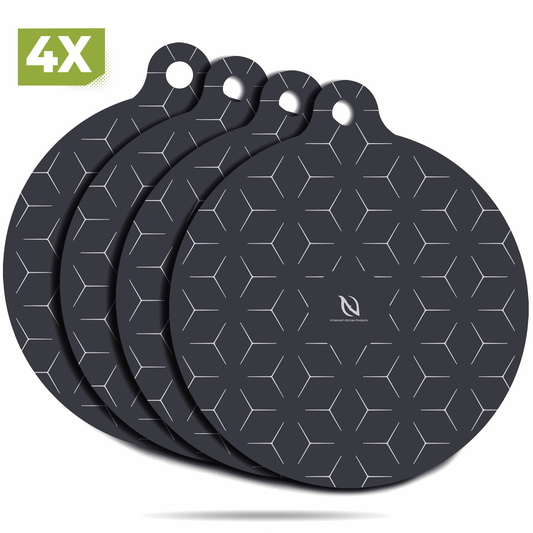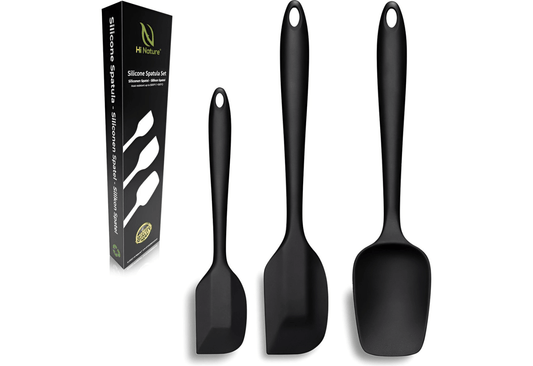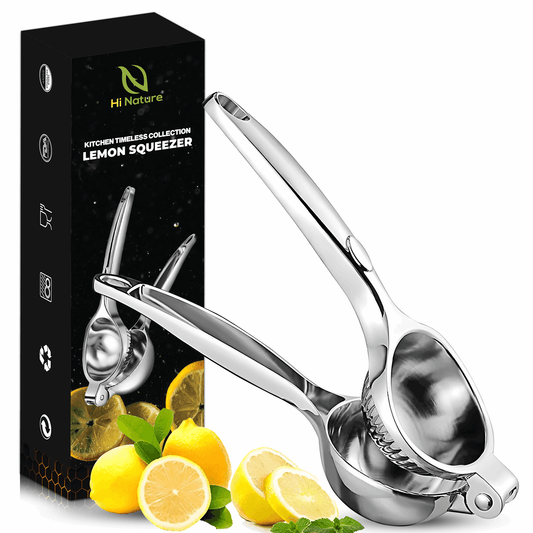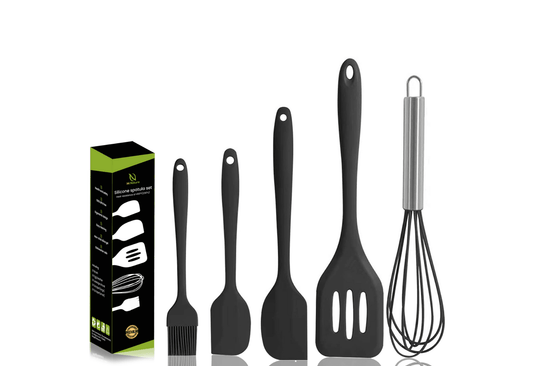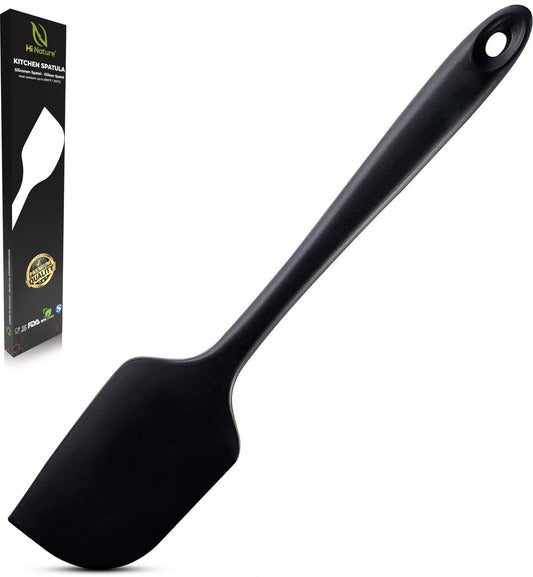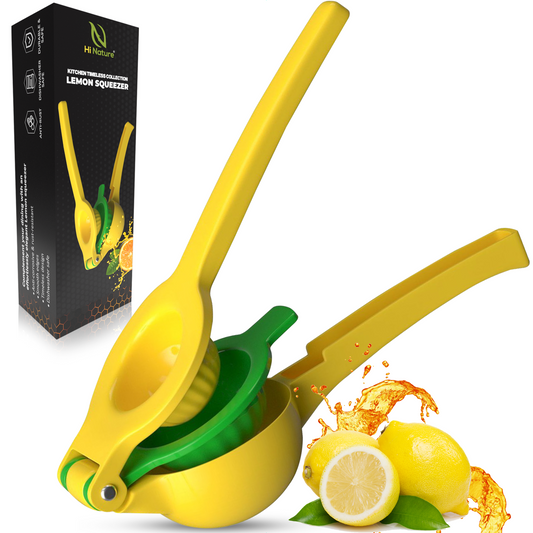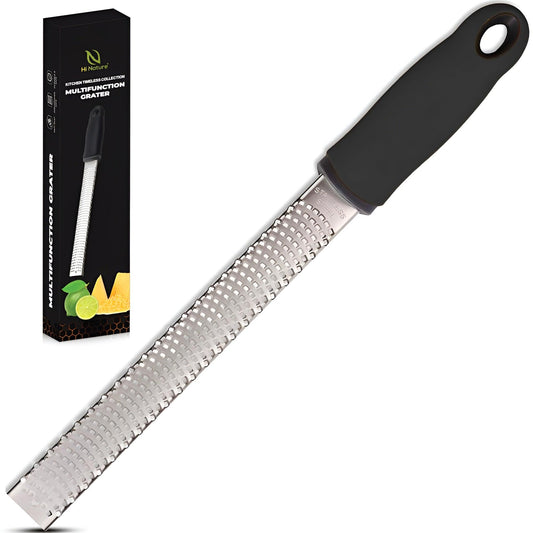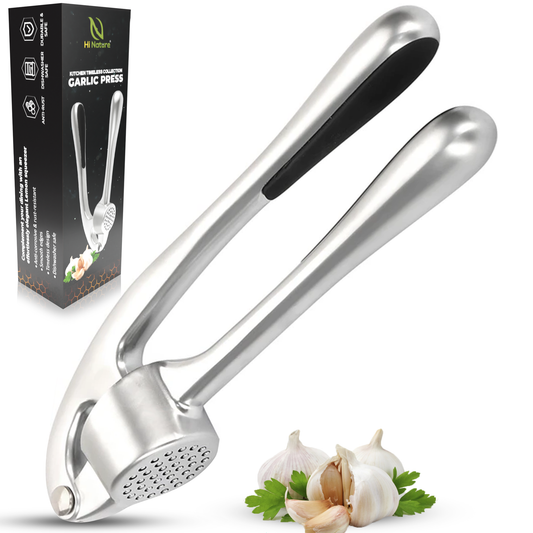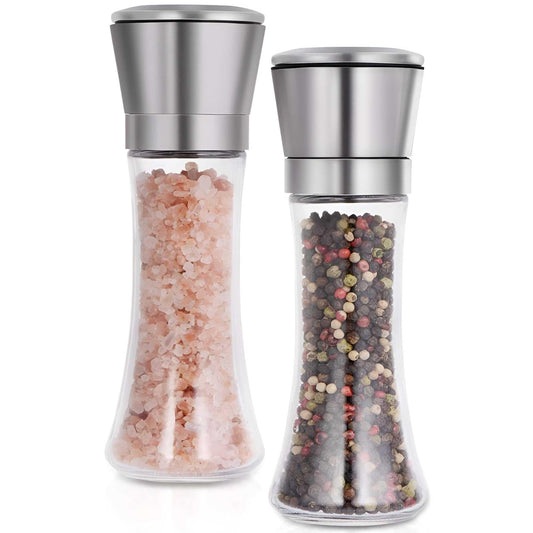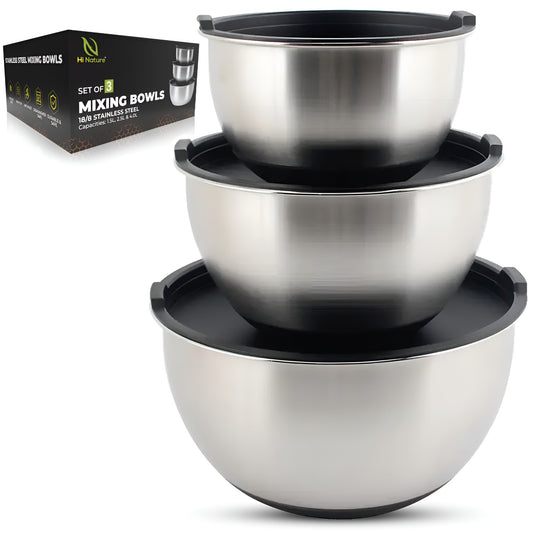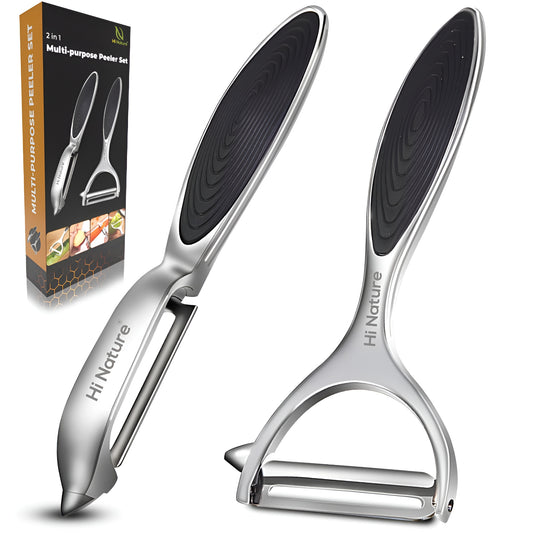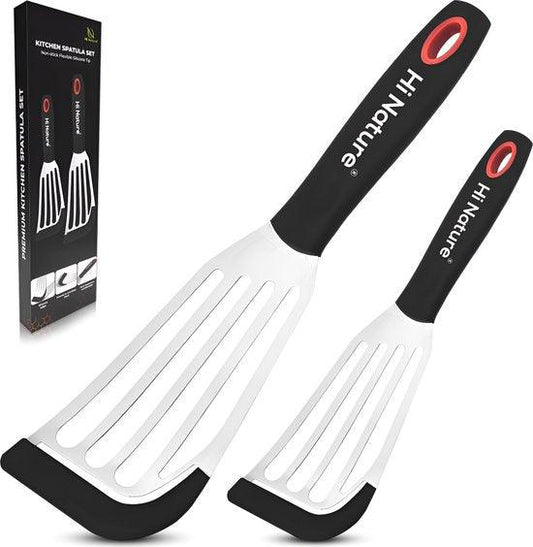Plastic kitchenware has been popular for years because of its light weight, affordability, and ease of use. But did you know that many plastic spatulas and spoons can release toxins into your food when heated? Research shows that certain types of plastic break down at high temperatures and release chemicals that can negatively impact your health.
In this article, we explain why plastic kitchenware poses a risk, the scientific research that supports this, and the safe alternatives you can use in the kitchen.
Why Cooking with Plastic Is Risky
Many plastic kitchenware items are made of materials like polyamide and polypropylene. These appear stable at room temperature, but when exposed to heat, they can release microplastics and harmful chemicals . Here are the main risks:
- Chemical migration : When heated, toxic substances such as BPA (Bisphenol A) and phthalates can leach into your food.
- Endocrine disruptors : BPA and other chemicals in plastic have been linked to endocrine disruptions, which can lead to fertility problems and metabolic disorders.
- Microplastics in food : Plastic kitchen utensils wear out over time, leaving behind tiny particles that pass unnoticed into food and the body.
- Rapid wear : Plastic spatulas can warp, discolor, and develop small cracks that harbor bacteria.
What Does Science Say?
Research published in Food Additives & Contaminants shows that certain plastic materials, such as melamine and polyamide , can release harmful substances when exposed to temperatures above 70°C. These chemicals can increase the risk of hormonal imbalances and organ damage.
In addition, a study by the European Food Safety Authority (EFSA) shows that long-term exposure to certain plastics can lead to health problems , especially if plastic kitchenware is often used for cooking at high temperatures.
Which Alternatives Are Safe?
Fortunately, there are better and safer materials you can use without worrying about harmful substances in your food. Here are the best alternatives:
- Wood : Wooden kitchenware is a natural, safe, and sustainable alternative. Bamboo, in particular, has antibacterial properties and can withstand high temperatures.
- Stainless steel : This is one of the most durable and safe options. Stainless steel spatulas, spoons, and tongs are heat-resistant and do not release harmful substances.
- Silicone : High-quality silicone kitchenware is BPA-free and heat-resistant up to 250°C. Be sure to choose 100% food-safe silicone , as some cheaper options still contain plastic additives.
- Ceramic and Cast Iron : Ceramic and cast iron kitchen utensils are excellent choices for specific cooking applications, especially if you're looking for scratch-free and chemical-free options.
How to Switch to Safe Kitchen Utensils?
If you want to make your kitchen safer, you can gradually switch to better materials. Here are some practical tips:
- Replace the most commonly used plastic kitchen tools first, such as spatulas, serving spoons, and tongs.
- When buying silicone and wooden kitchenware, look for labels like "BPA-free" and "food-safe."
- Use stainless steel tools for high-temperature cooking, especially baking and roasting.
- Clean wooden and bamboo kitchenware properly : wash them by hand and dry them immediately to prevent splitting.
- Discard worn plastic tools as soon as they show signs of damage, such as cracks or deformation.
Frequently Asked Questions (FAQ)
1. Are all plastic kitchen utensils harmful?
Not all plastic kitchen utensils are inherently dangerous, but many cheaper products contain BPA, phthalates, or other chemicals that can be released when heated. Only choose kitchen utensils that are certified food-safe and can withstand high temperatures.
2. How do I recognize safe kitchen utensils?
Safe kitchen utensils meet the following characteristics:
- BPA-free and food-safe certified
- Heat resistant up to at least 200°C
- Made from natural or sustainable materials such as wood, stainless steel or silicone
3. Are silicone kitchen utensils a good alternative to plastic?
Yes, 100% food-grade silicone is an excellent alternative. It's flexible, heat-resistant, and non-toxic. However, avoid cheap silicone products that may contain plastic additives.
4. What is better: wooden or stainless steel kitchen utensils?
Both are safe choices. Wooden utensils are softer and ideal for use in nonstick pans. Stainless steel is more durable and better suited for high temperatures and robust cooking.
5. Can I clean plastic kitchen utensils in the dishwasher?
Although some plastic kitchen utensils are marketed as dishwasher-safe , the heat and detergent can accelerate the release of chemicals. It's safer to switch to alternatives like stainless steel or wood.
6. What are the first plastic kitchen tools I should replace?
Start by replacing:
- Spatulas and serving spoons
- Kitchen tongs
- Ladles and whisk
- Plastic cutting boards (preferably wood or bamboo)
Conclusion
Plastic kitchenware carries hidden health risks that are often underestimated. The potential release of harmful chemicals when heated and the presence of microplastics in food make using plastic spatulas and spoons risky.
By switching to wood, stainless steel, silicone, or ceramic, you not only improve the safety of your food preparation but also extend the lifespan of your kitchen utensils.
Replacing plastic kitchen utensils is a small step with a big impact . Make a conscious choice and ensure your kitchen remains a healthy and safe place.
Related Products from Hi Nature®
Make your kitchen safer and more sustainable with these recommended products from our collection:
1. Spatula Set of 5 – Silicone, BPA-Free
- View the product
- This set contains five heat-resistant spatulas made of 100% food-grade silicone. Ideal for baking, cooking, and mixing without scratching your pans.
2. 6-Piece Professional Knife Set
- View the product
- A stylish and functional knife set with ergonomic handles and razor-sharp stainless steel blades — a must-have for any conscious home chef.
3. Airfryer Silicone Tray with Mitts Set
- View the product
- Reusable, heat-resistant silicone air fryer tray, comes with matching oven mitts. A safe and sustainable alternative to disposable baking paper.


